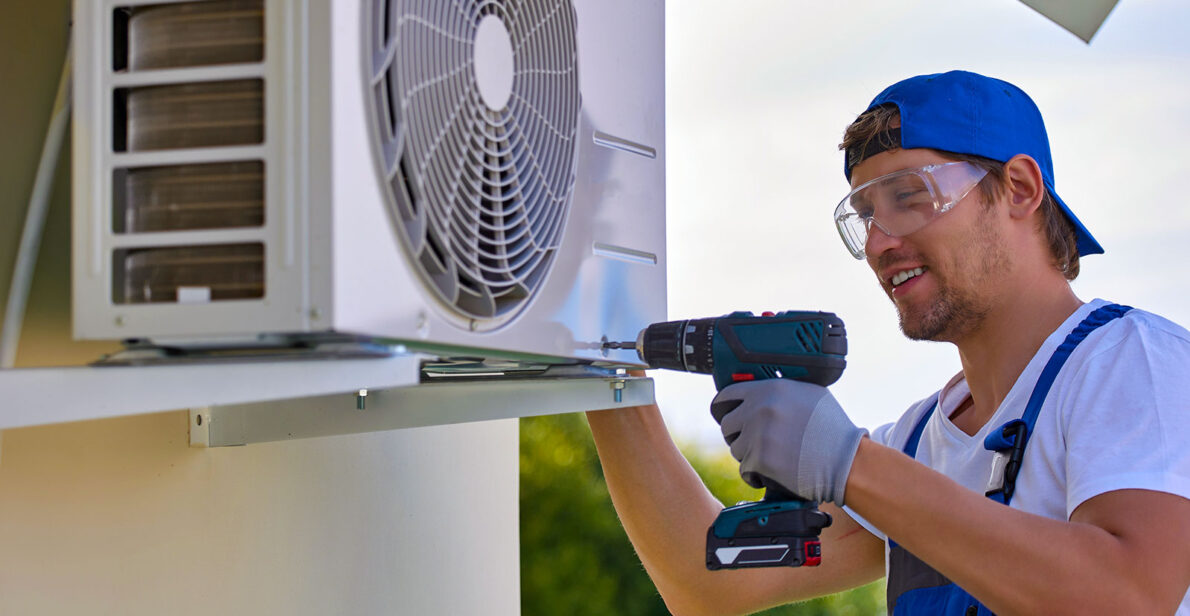If you’ve ever wondered what the differences are between commercial and residential HVAC systems, this article is for you. Commercial and residential HVAC systems both keep us cool when the weather gets hot – but beyond that similarity is a world of difference. Let’s take a look at some of those differences between residential and commercial HVAC systems, so you can choose which type best fits your needs.
Residential HVAC Systems Are Smaller And More Compact
If you’re considering purchasing a new HVAC system, it’s important to know the differences between residential and commercial units. Residential HVAC systems are smaller, more compact, and designed to cool one or two rooms in your home. They are also more cost-effective than commercial units because they use less energy while still providing reliable cooling power.
Commercial HVAC Systems Are Larger And More Powerful
Commercial types of HVAC systems are designed for larger spaces with higher ceilings and more ventilation needs. Because commercial buildings tend to be bigger than residential buildings, they require a stronger system that can deliver more cold air into the space quickly and efficiently – all without breaking down from overuse or being underpowered.
Commercial HVAC Systems May Require Professional Repair Or Maintenance
If you need to hire a professional to service your HVAC system, you may have to pay more than you would for a residential unit. Commercial systems can be so large that they require teams of trained professionals to repair or maintain them. If this sounds like something that might happen at your place of business, then consider hiring an HVAC contractor who has experience working with commercial units.
Commercial HVAC Systems Often Require More Maintenance And Upkeep
Commercial types of HVAC systems are more complex, so they require more maintenance and upkeep than residential ones do. Many of these HVAC units have filters that must be changed frequently for them to operate properly, which means you’ll need more time set aside for cleaning out the inside of these machines than you would with a residential unit.
The Cooling Capacity Of Commercial HVAC Systems Is Much Greater
Lastly, the cooling capacity of commercial HVAC systems is much greater than that of residential ones. This is because commercial buildings have a higher volume to be cooled, and therefore require more BTUs (British Thermal Units) to do so.
A BTU rating is the amount of heat required to raise one pound of water by one degree Fahrenheit at sea level. Other than that, commercial systems are also designed to cool large areas quickly and efficiently, while residential systems must take into account individual rooms within a home or business building.
HVAC replacement parts are essential for maintaining and repairing heating, ventilation, and air conditioning systems. These parts ensure the efficient operation of HVAC systems and help prolong their lifespan.

